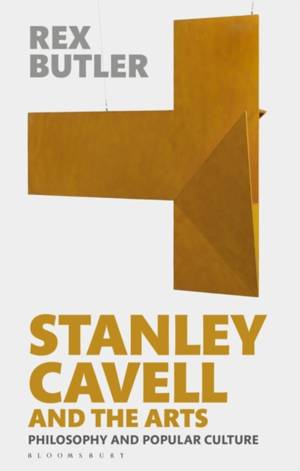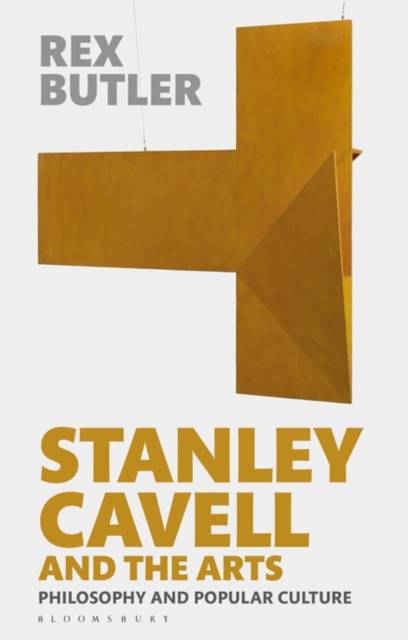
Bedankt voor het vertrouwen het afgelopen jaar! Om jou te bedanken bieden we GRATIS verzending (in België) aan op alles gedurende de hele maand januari.
- Afhalen na 1 uur in een winkel met voorraad
- In januari gratis thuislevering in België
- Ruim aanbod met 7 miljoen producten
Bedankt voor het vertrouwen het afgelopen jaar! Om jou te bedanken bieden we GRATIS verzending (in België) aan op alles gedurende de hele maand januari.
- Afhalen na 1 uur in een winkel met voorraad
- In januari gratis thuislevering in België
- Ruim aanbod met 7 miljoen producten
Zoeken
€ 186,95
+ 373 punten
Omschrijving
In the late 1990s, Rosalind Krauss, one of the principal theorists of post-modernism in the arts, began using the term "post-medium" in her work. It was a nod to the American "ordinary language" philosopher Stanley Cavell, who had been thinking through a concept of medium in art for 30 years.
Today with the decline of post-modernism, Stanley Cavell has emerged as one of the most important figures for thinking again about the visual arts, film and theatre. Stanley Cavell and the Arts looks at Cavell's extensive writings on a wide variety of artforms and at a number of writers (Michael Fried, William Rothman) influenced by his work. Over a 50-year career, Cavell wrote about visual art, photography, classical music, Shakespeare, the plays of Samuel Beckett and perhaps most notably Hollywood cinema.
Stanley Cavell and the Arts offers an overview of Cavell's writings on the arts, situating them within his wider philosophical practice, analysing in detail his treatment of particular art forms and looking at the work of those he has deeply shaped.
Today with the decline of post-modernism, Stanley Cavell has emerged as one of the most important figures for thinking again about the visual arts, film and theatre. Stanley Cavell and the Arts looks at Cavell's extensive writings on a wide variety of artforms and at a number of writers (Michael Fried, William Rothman) influenced by his work. Over a 50-year career, Cavell wrote about visual art, photography, classical music, Shakespeare, the plays of Samuel Beckett and perhaps most notably Hollywood cinema.
Stanley Cavell and the Arts offers an overview of Cavell's writings on the arts, situating them within his wider philosophical practice, analysing in detail his treatment of particular art forms and looking at the work of those he has deeply shaped.
Specificaties
Betrokkenen
- Auteur(s):
- Uitgeverij:
Inhoud
- Aantal bladzijden:
- 232
- Taal:
- Engels
Eigenschappen
- Productcode (EAN):
- 9781350008519
- Verschijningsdatum:
- 15/10/2020
- Uitvoering:
- Hardcover
- Formaat:
- Genaaid
- Afmetingen:
- 140 mm x 216 mm
- Gewicht:
- 412 g

Alleen bij Standaard Boekhandel
+ 373 punten op je klantenkaart van Standaard Boekhandel
Beoordelingen
We publiceren alleen reviews die voldoen aan de voorwaarden voor reviews. Bekijk onze voorwaarden voor reviews.









